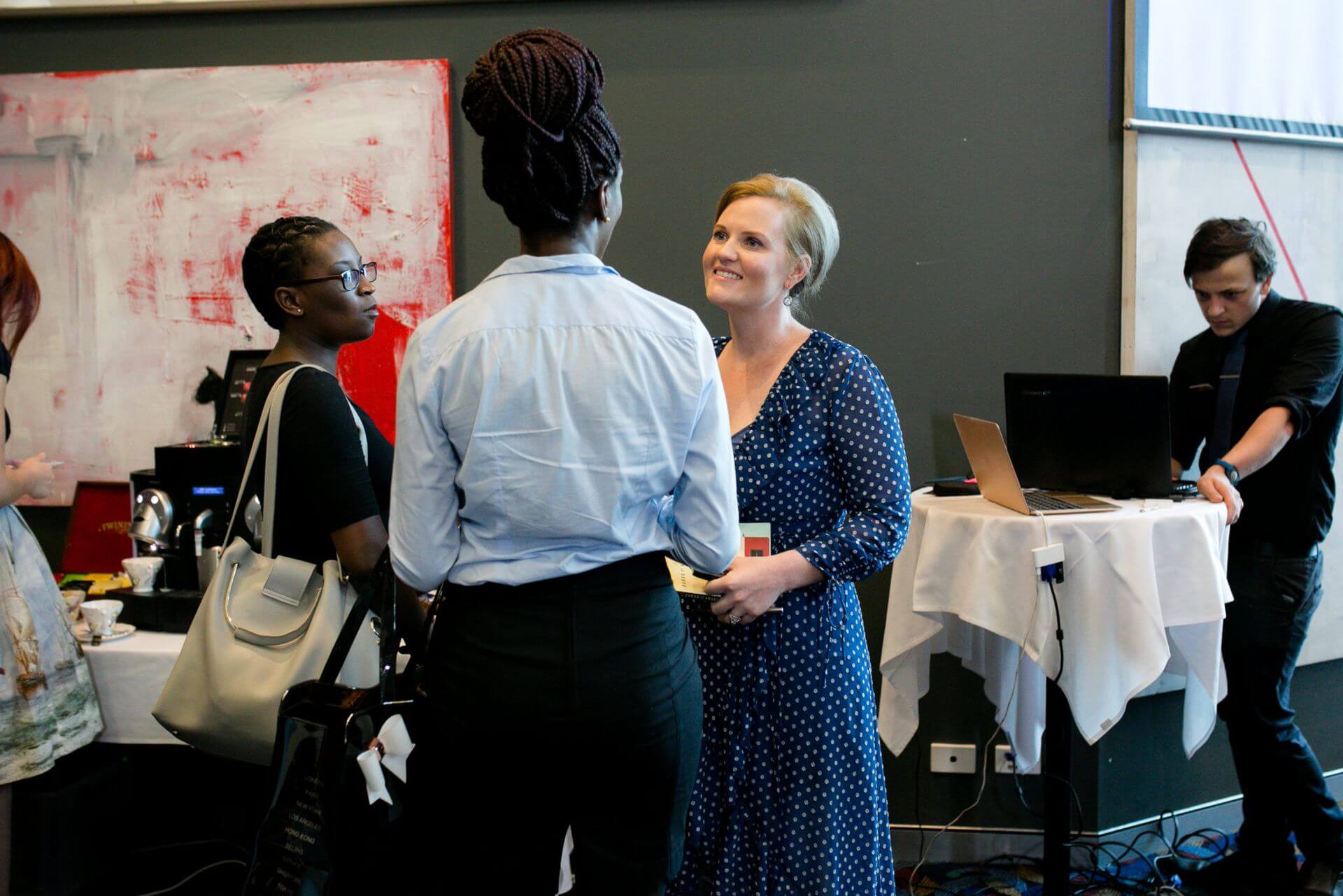PART 1 Three Ways to Fail-safe Your Prized Relationships – At Home And At Work (6 part series).

It's easier to mend a relationship than to find a brand new one and start afresh. Consider the emotional and financial cost of divorce, of sacking and hiring staff, of 'breaking up' with a joint venture partner. Are you wincing at the thought? Relationships are to be valued and nurtured to remain gold.
There are just 3 key reasons relationships, personal or business fail:
- Clash in values
- Unfulfilled love strategies
- Disempowering unconscious blueprints
In this 6 part series of blog posts we’ll look at the three in each of the home and workplace contexts.
Part 1: Clash in Values at Home
‘Values’ are simply what’s important to us, so naturally, that changes over time. What was important to you as a 5-year-old is different from a 25-year-old. What was important to you as a single person is different from your priorities as a married person with children. When you started your business you probably found your values shifted and were no longer in alignment with 9 to 5 friends. Balancing your new priorities within the family and marriage dynamics is crucial from the start as only your values have changed at that point, no one else’s. Don’t be surprised if they get jealous of your new love.
Shifting values is the reason friends come into and go out of our lives, the reason employees come and go, and the source of great stress in families and workplaces. Stress comes from expecting everyone to think, feel and act as you would and being disappointed, hurt or angry when they don’t. Just because it’s important for you to wash up the dishes immediately after eating doesn’t mean it is to your partner. Based on how you each were raised, your family and child-rearing values could be vastly different. Once you divorce due to those changed values and merge with another partner with different values again, it’s important you and your ex-spouse, and new spouse, can agree on shared child-rearing values to make it easier on your children, and therefore yourselves.
Stress also arises in many families from the expectation that no one really changes, and that everyone should play their old roles forever. If you don’t feel you belong at some family gatherings it’s because your values have changed, but that’s not noticed or acknowledged by the rest. You have a choice to play along or to help them get to know who you are now, and what’s important to you now. Although harder at times, in the long term it’s easier. Imagine having the same family issues and sense of not belonging in 10 years time! Such a waste.
The key is understanding that everyone is ‘right’ in their world, and that doesn’t make either of you ‘wrong’, just different. Remember there is always more than one way to do something. Be open and flexible to alternatives, and life will be so much easier.
In Part 2 I’ll share about disempowering Unconscious Blueprints in the home, including what they are, their impact across your life, and a solution or two.

